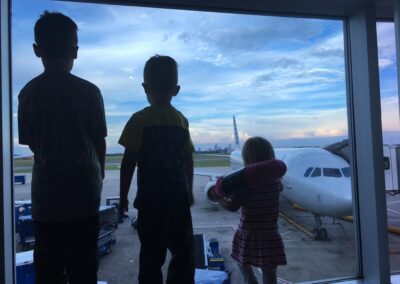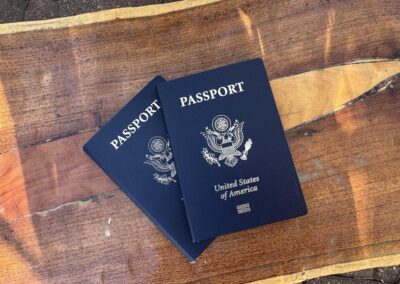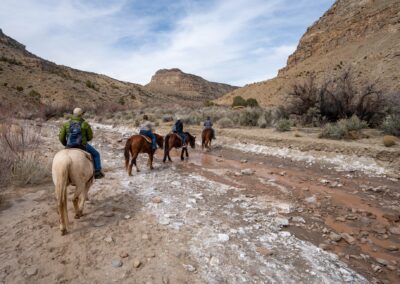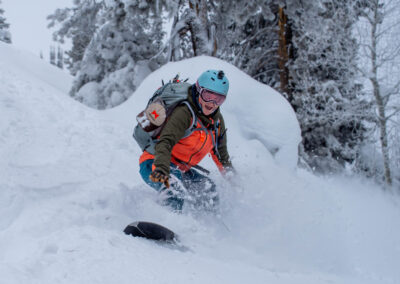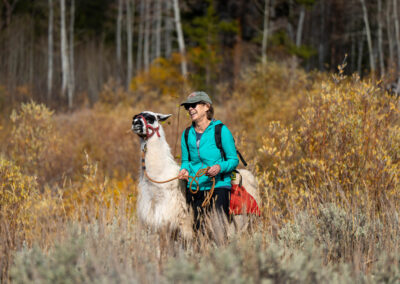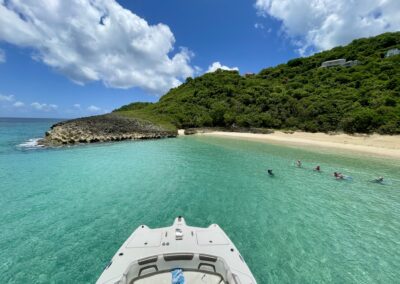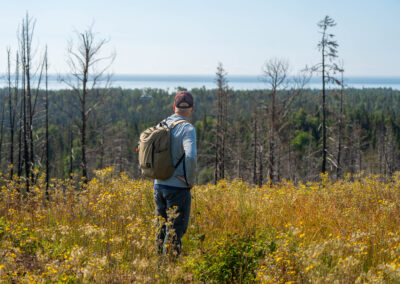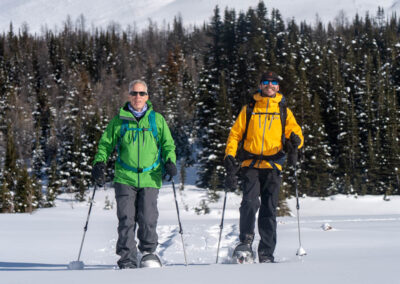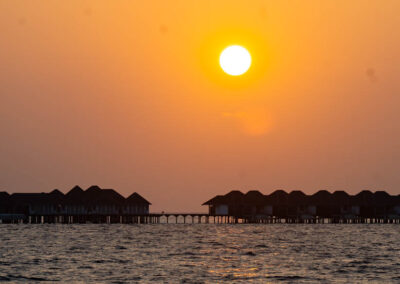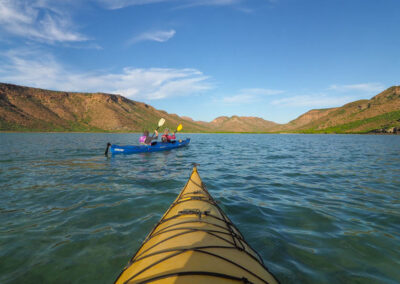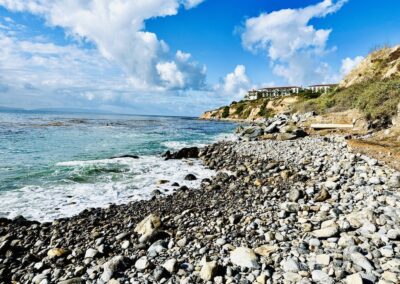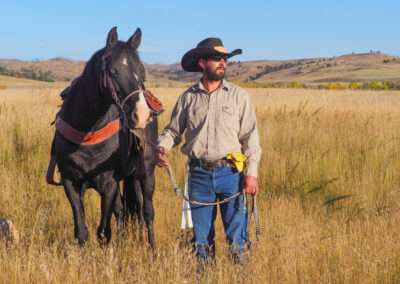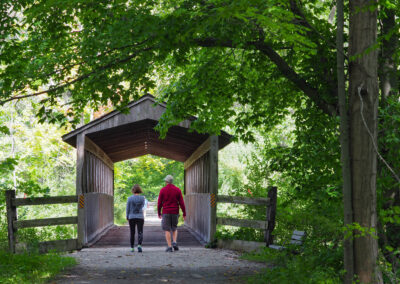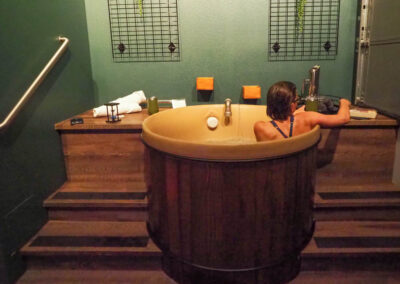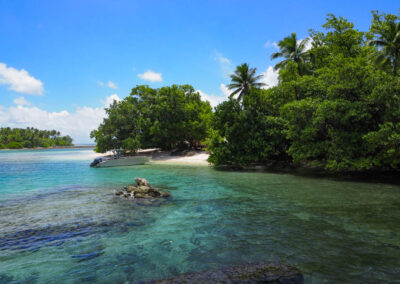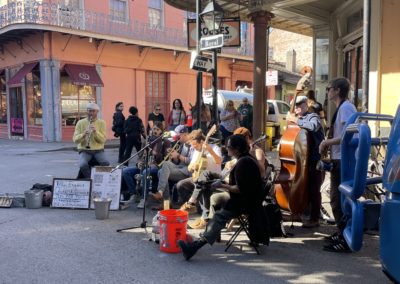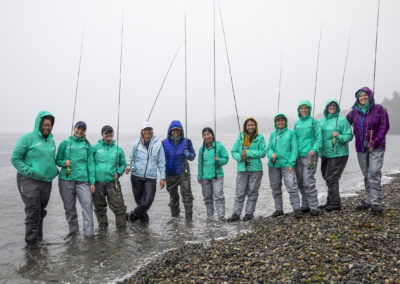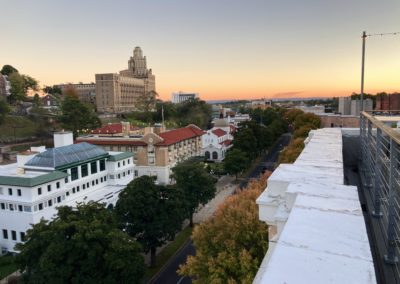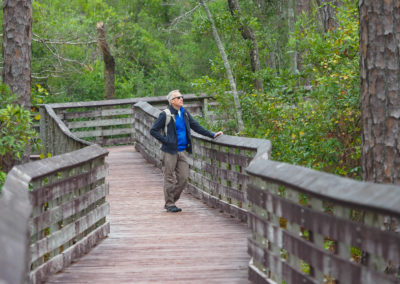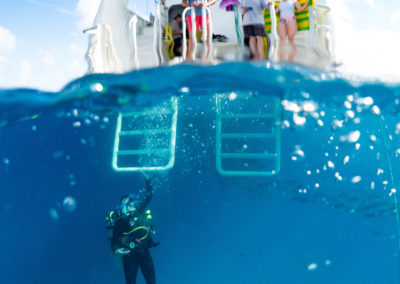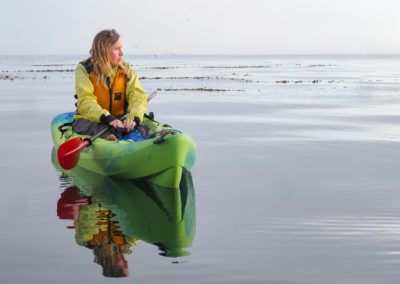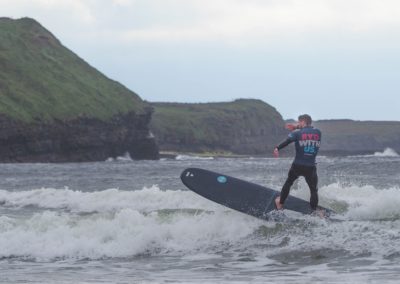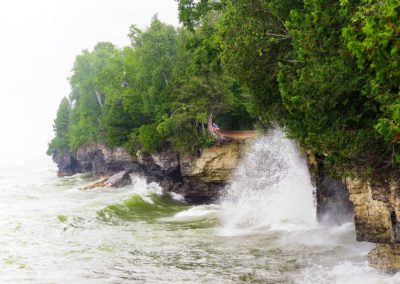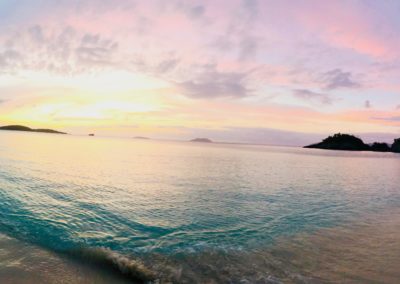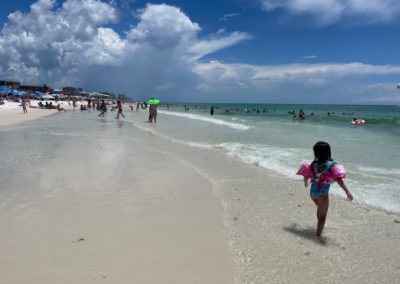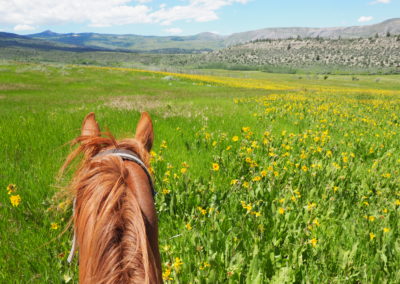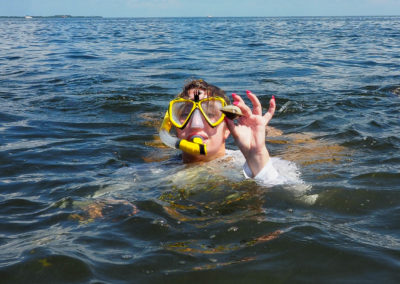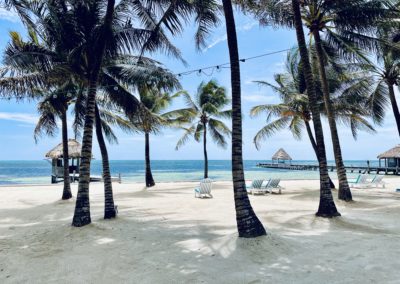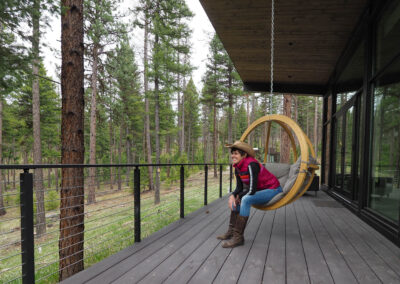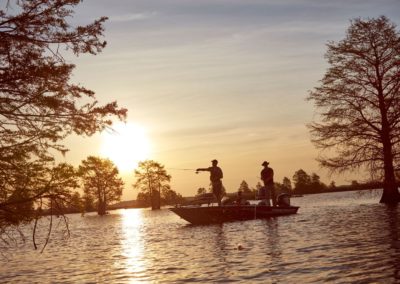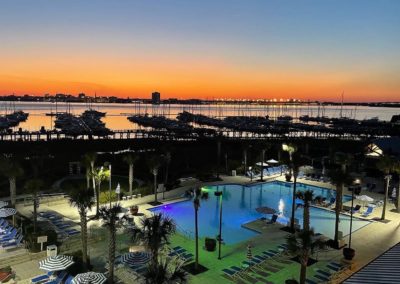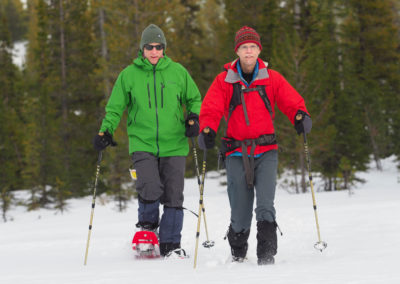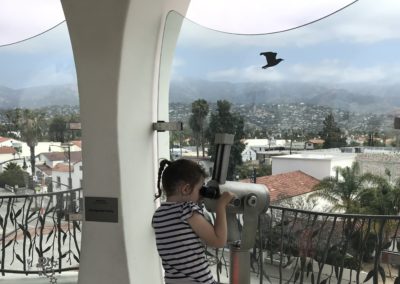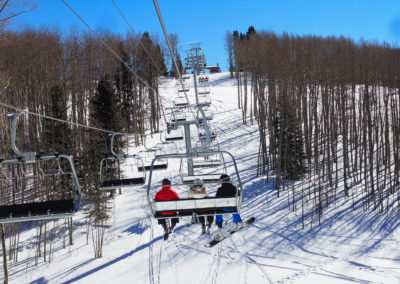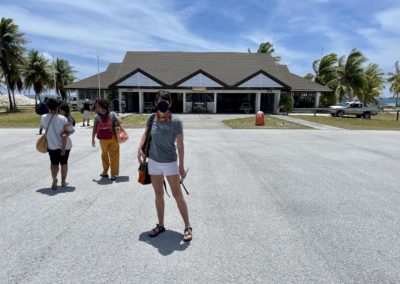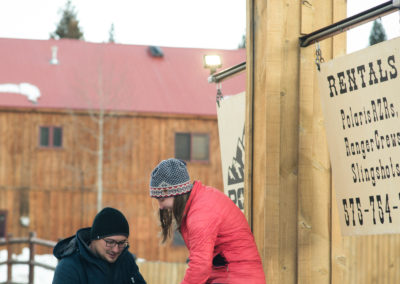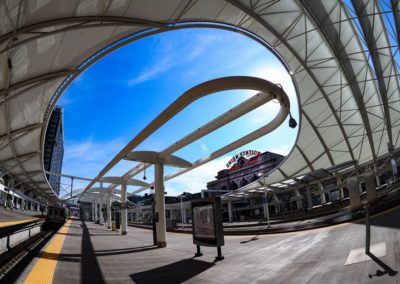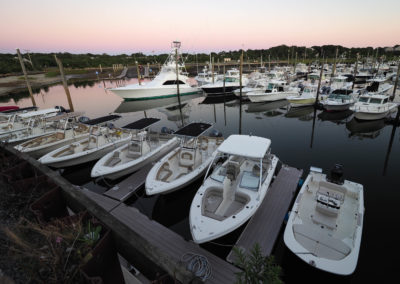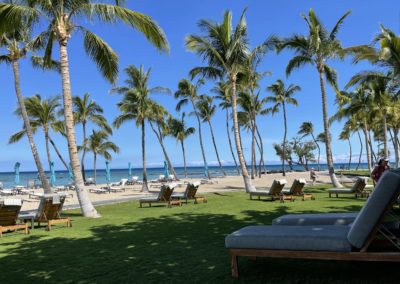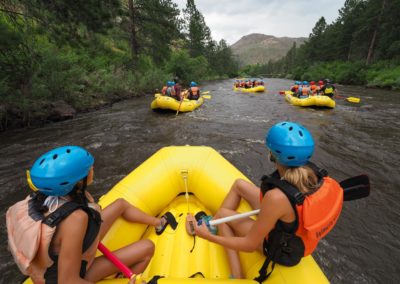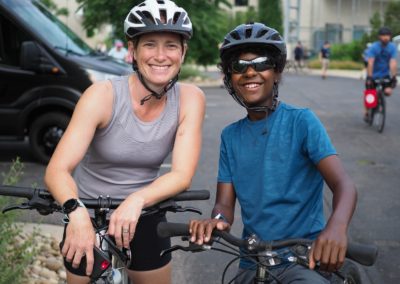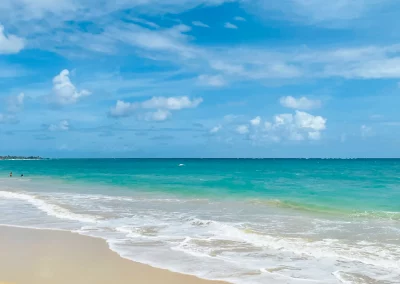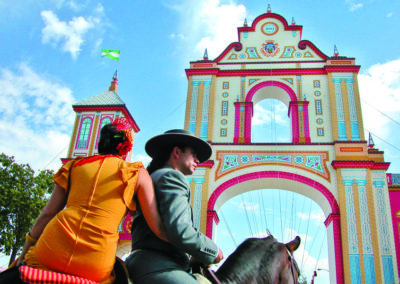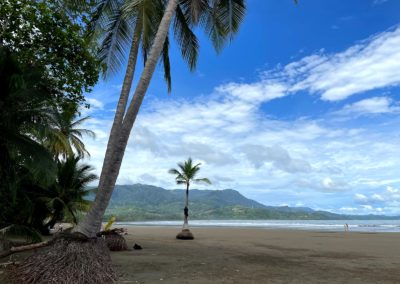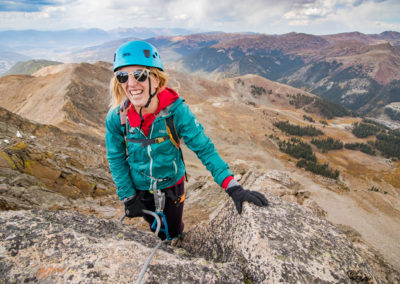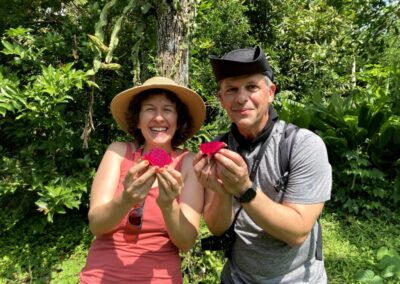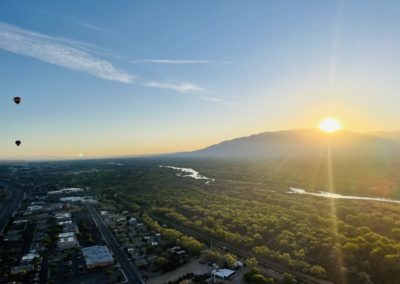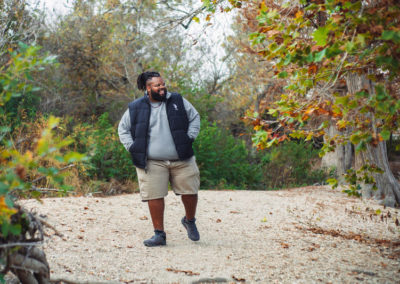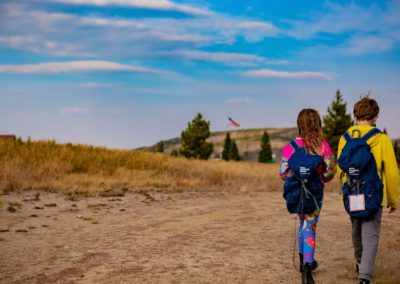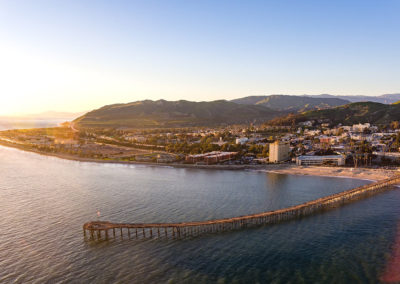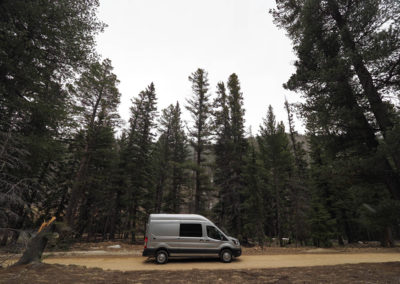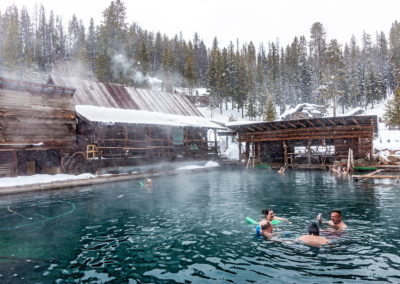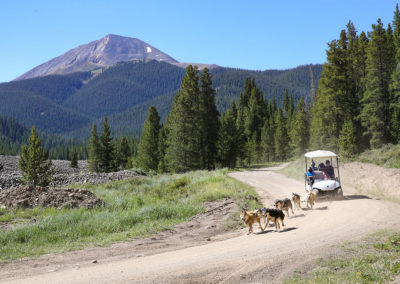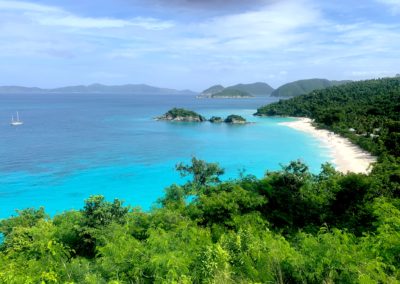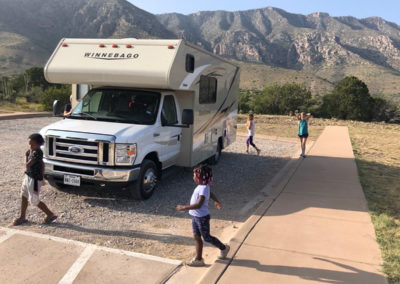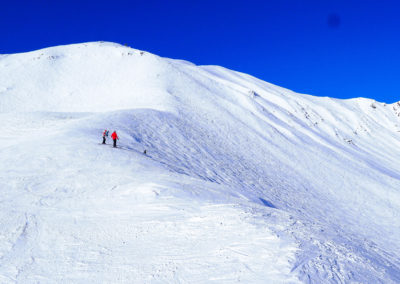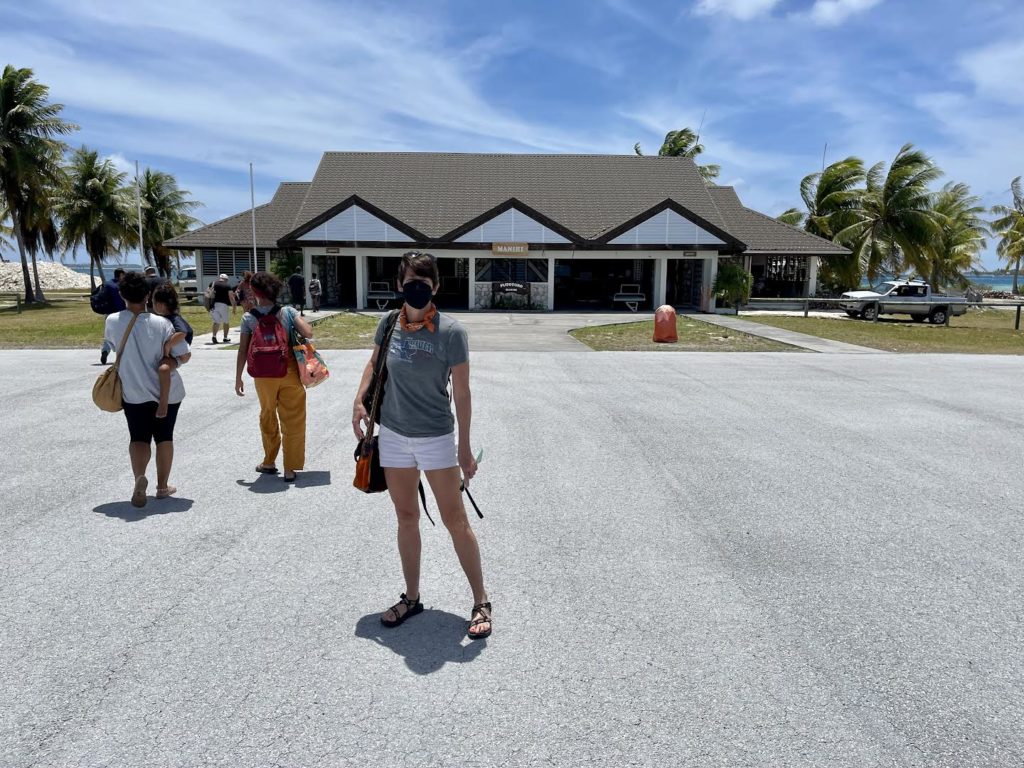
Tahiti is open to tourists, but you’ll have to take a COVID test first. Chris LeBlanc photo
It took four COVID-19 antigen tests and a few extra steps in the travel process, but I made it to French Polynesia and back on my first trip out of the country since the pandemic began.
The Tahitian islands are open for business, but travelers from the United States must take a COVID test before boarding their Air Tahiti Nui flight to Pape’ete.
Book your test in advance
My husband Chris and I called our health care provider in Austin, which referred us to YesNoCovid.com. According to the testing company’s website, customers can get a free rapid or PCR COVID test at two locations in Austin and one Round Rock at no cost, with results in 10 minutes. (Tip: Make sure to ask how much a test costs before taking one. I took a test in May 2019 at a free-standing emergency center and my insurance company was billed more than $6,000. The New York Times wrote about it here.)
We made an appointment to get tested the day before we were scheduled to fly to Los Angeles and on to Tahiti. That Saturday morning, we pulled our truck into line outside of a portable building at 1900 West William Cannon Drive. After a 15-minute wait, a clinician came to our vehicle. One at a time, we unrolled our vehicle window, pulled down our mask and let her dip a long cotton swab into each nostril. (It’s not painful, exactly, but it did make my eyes water.) Ten minutes later, she handed us each a sheet of paper that proclaimed us COVID free.
Read more: For coast without the crowds, make your way to Matagorda Bay in winter
With that task out of the way, we went home and finished packing for the trip.
Have a backup plan
The next morning, we masked up (masks are required on all domestic flights) and flew to Los Angeles. We’d purposely allowed extra time –– to the tune of six hours –– to make sure we were at LAX early in case of any snafus.
It’s a good thing we did.
When we checked in at the Air Tahiti Nui counter, the attendant looked at our “proof” of a negative COVID test and raised an eyebrow. After consulting with a co-worker, he told us that the airline would accept the paperwork. But he added that he couldn’t guarantee that officials in Pape’ete would consider the sheet, a form letter with our name on it and the “negative” box checked, adequate. Read the full requirements here.
We didn’t want to jeopardize our 12-day trip, so we decided to get retested.
Getting tested at an airport
Most major international airports have COVID testing stations for travelers in our predicament. We went immediately to the testing center inside the terminal and paid $80 each for another test. We passed again, and this time the testing company sent us a more official looking email with detailed information about our test results.
A few hours later, we were flying over the Pacific Ocean on our way to French Polynesia.
Our testing wasn’t quite finished, however. When we landed late that night, we lined up with all of the other passengers for the requisite self-administered COVID rapid test at the Pape’ete airport. If we passed, we were told, we would hear nothing more. But if we turned up positive, they would contact us, and we would have to quarantine for 10 days.
We never heard back, so we spent the next week and a half island hopping, scuba diving, hiking and exploring. Masks are required in indoor settings and public spaces around Tahiti, so we kept ours handy.
One more test to get home
In general, though, we didn’t think much about COVID until the day before we were due to depart. We went online and registered to take one more COVID test before heading home. The final test cost $50, and about five hours before we were scheduled to depart, we zipped to the small airport, spent about 20 minutes getting swabbed, and went to the airport. Within 45 minutes, we had our results: negative again.
The lesson here? Make sure you have proper testing documentation that meets the requirements of the country to which you are traveling. Allow extra time if you’re making connections. Be prepared to spend a little extra money for testing if needed. And make sure you understand the rules about quarantining before you travel internationally.
Remember, regulations differ according to destination, and requirements may change, especially with the Omicron variant now of concern.











